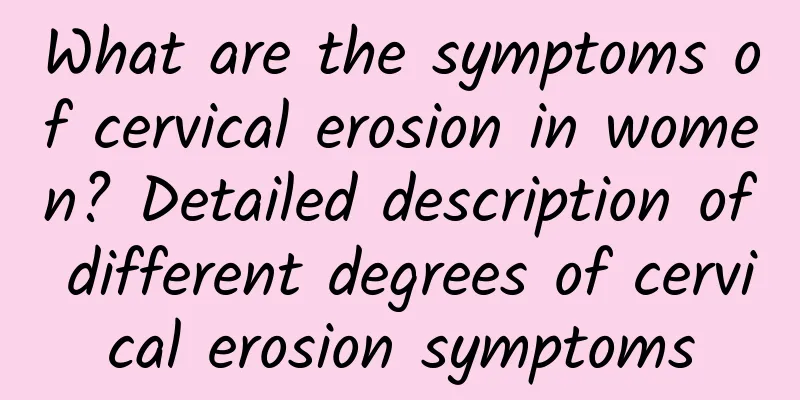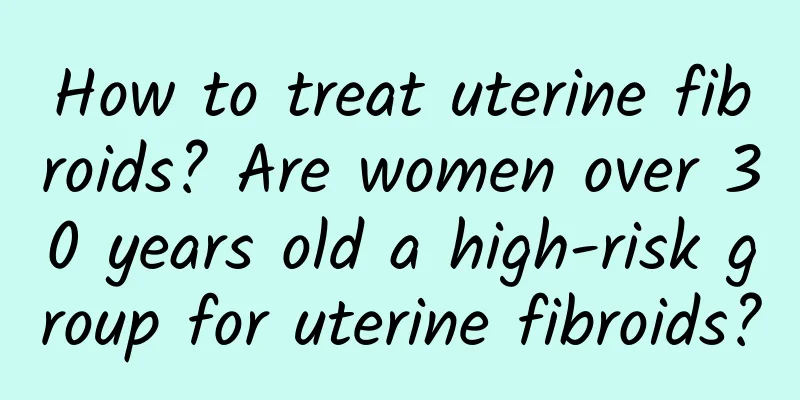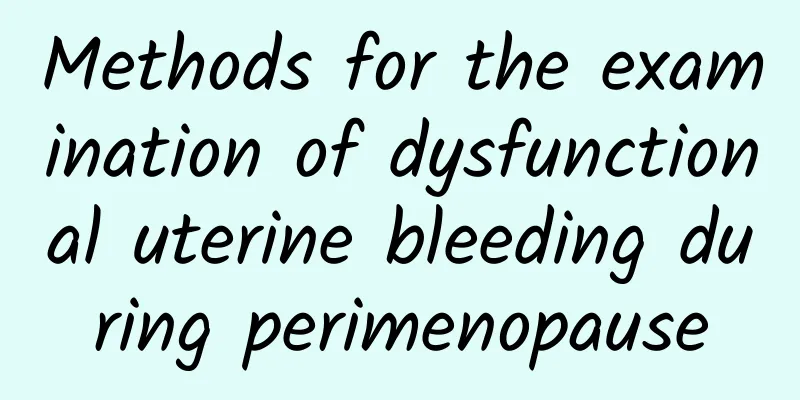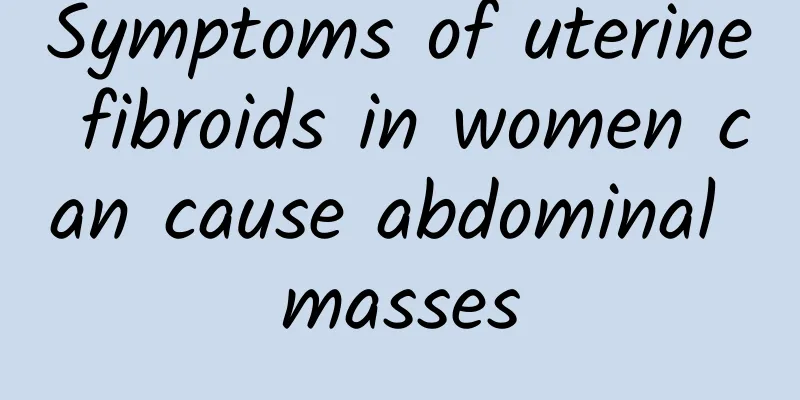What are the symptoms of pelvic inflammatory disease and how to prevent and treat it
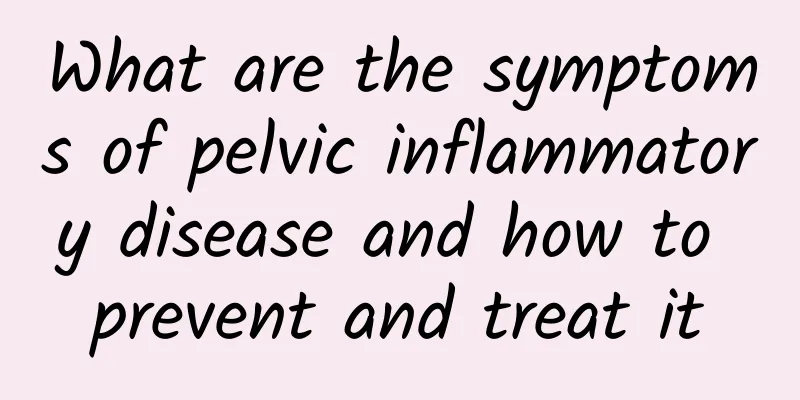
|
Symptoms of pelvic inflammation generally include lower abdominal pain, lower abdominal swelling, anal swelling, etc. In severe cases, there will be vulvar discharge, itching and discomfort. At this time, most treatments generally need to be treated in the hospital according to the situation. Generally, most of them can be treated through intravenous infusion or Chinese medicine enema plus physical therapy. In general, the occurrence of pelvic inflammation is mostly due to poor body resistance, vaginal inflammation infection, lack of active treatment, or various intrauterine surgeries. There is no anti-inflammatory symptomatic treatment after surgery, which will cause pelvic inflammation. Some pelvic inflammation attacks are caused by menstruation, or there are some infection symptoms. If not treated in time, it will cause pelvic inflammation. What medicine should I take for pelvic inflammatory disease or adnexitis? Pelvic inflammatory disease or adnexitis requires taking some anti-inflammatory drugs, which are more effective and need to be selected according to the severity of the inflammation. If the inflammation is mild, such as relatively mild pain in the lower abdomen, relatively short time, and no obvious systemic fever symptoms. During a gynecological examination, the uterus is slightly tender or the tenderness in the adnexal area is relatively mild. You can choose some Chinese patent medicines, which may have a certain effect on the treatment of pelvic inflammatory disease. If the symptoms are more severe, such as severe pain in the lower abdomen and systemic fever symptoms, a gynecological examination, more leucorrhea, and obvious tenderness in the uterine adnexal area. B In this case, oral Western antibiotics are required, and sometimes intravenous infusion treatment is required. Can pelvic inflammatory disease be cured? Pelvic inflammatory disease needs to be judged whether it can be cured based on the condition and sensitivity to drugs. Most patients with acute pelvic inflammatory disease can be effectively relieved and the disease can be controlled in time if the treatment effect is better after using appropriate antibiotics. For chronic pelvic inflammatory disease, due to the chronic delay, the disease is prone to recurrence and the possibility of cure is not very large. |
<<: How to relieve menstrual cramps
>>: How are ovarian cysts formed? What are the main symptoms?
Recommend
Four treatment methods suitable for patients with vulvar leukoplakia
Vulvar leukoplakia is a common gynecological dise...
The most important daily care for vulvar leukoplakia
Among gynecological diseases, vulvar leukoplakia ...
Detailed explanation of the harmfulness of pelvic inflammatory disease
Pelvic inflammatory disease is a common gynecolog...
Childbirth and age are important factors in the occurrence of primary dysmenorrhea
Dysmenorrhea can be divided into secondary dysmen...
Is it good to take Chinese medicine for chronic adnexitis?
Patients with chronic adnexitis can relieve sympt...
Diagnosis of recurrent miscarriage
Habitual abortion is a frequent miscarriage pheno...
Supermodel Liya exercises her abdominal muscles like this ~ 2 secrets revealed
Supermodel Wang Liya Liya is at the VOGUE gym tod...
Hidden fat! The fattening devil in the tofu family is actually...
Have you eaten tofu today? More and more people p...
Are endometrial polyps also called uterine fibroids?
Are endometrial polyps also called uterine fibroi...
Is it harmful to play with your phone after a miscarriage? Do these 4 things
For female friends, miscarriage will not only bri...
How to treat multiple uterine fibroids best
What is the best way to treat multiple uterine fi...
Can vaginal candidiasis be cured?
Can't mycotic vaginitis be cured? 1. Candidal...
Does the right ovarian cyst cause pain in the right side of the abdomen?
Right ovarian cysts may cause right abdominal pai...
What causes pelvic inflammatory disease? It is related to physiological reasons
The onset of pelvic inflammatory disease is relat...
How much does it cost to have a painless abortion?
How much does it cost to have a painless abortion...

